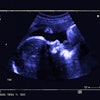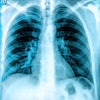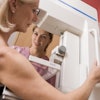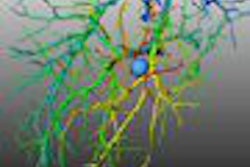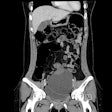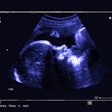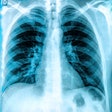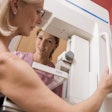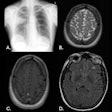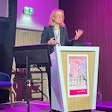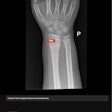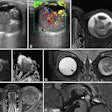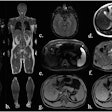
BARCELONA (Reuters), Sep 25 - A simple test to measure tumor cells circulating in the blood could make it easier to tell which breast cancer patients are at greatest risk of their cancer returning after treatment, a German researcher said on Monday.
Detecting these cells might also help doctors tailor chemotherapy treatments to make them more effective and reduce healthcare costs along the way, Julia Jueckstock, a gynecologist at the University of Munich, told the European Cancer Conference.
The study is important because it is one of the largest of its kind to investigate whether measuring such tumor cells can help predict the chances of cancer returning, she said.
Researchers have known about these cells for about 20 years and are now exploring the role they may play in cancer and studying ways to measure them. The cells themselves are considered dormant and are not believed to be harmful until they leave the bloodstream and settle on an organ, Jueckstock said.
"We think the level of circulating tumor cells will predict the recurrence in cancer," she said. "In low risk patients, you could use less aggressive treatments."
Breast cancer is the second most common cancer killer of women, after lung cancer. It will be diagnosed in 1.2 million people globally this year and will kill 500,000.
The German team has so far analyzed blood samples taken from 1,767 breast cancer patients at diagnosis and during chemotherapy and compared the results to those obtained from 852 of the same patients when they finished their treatment.
The results show that of the patients who initially tested positive for circulating tumor cells (CTCs), 10% tested positive for them after chemotherapy. Of those who were initially negative, 93% remained negative after treatment.
"We think the persistence of CTCs after chemotherapy treatment is likely to be predictive of the likelihood of recurrence of cancer in these patients," Jueckstock said.
Researchers have also used bone marrow to detect circulating tumor cells but that technique is more difficult to use so it is not performed widely. It can also be painful for the patient, Jueckstock said.
A simple blood screen could mean that patients who need extra chemotherapy will get it, while those who do not will not have to endure weeks or months of extra treatments, she said.
"We think we will have final results in the next five years," she said. "If they are as we expect, there could be an improvement in breast cancer treatments."
By Michael Kahn
Last Updated: 2007-09-24 12:34:14 -0400 (Reuters Health)
Related Reading
Low number of uninvolved lymph nodes predicts breast cancer recurrence, June 7, 2007
Copyright © 2007 Reuters Limited. All rights reserved. Republication or redistribution of Reuters content, including by framing or similar means, is expressly prohibited without the prior written consent of Reuters. Reuters shall not be liable for any errors or delays in the content, or for any actions taken in reliance thereon. Reuters and the Reuters sphere logo are registered trademarks and trademarks of the Reuters group of companies around the world.

